Category: News
A tiny break into toughness
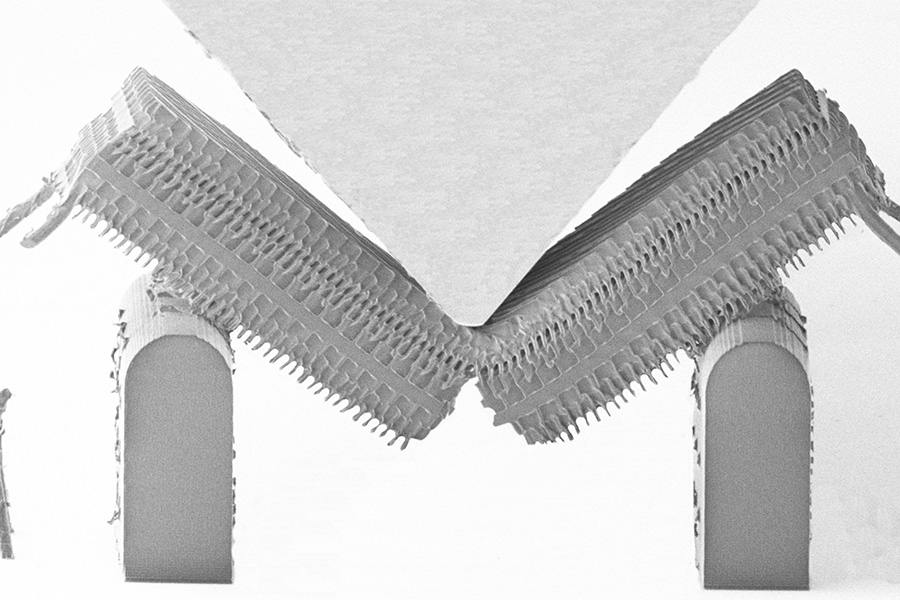
A beetle shell might look like solid armor to us, but it’s actually composed of tiny fibers woven together in complex structures. These nanofibers that comprise many natural materials from shell to skin to cartilage are surprisingly tough and are able to handle force without fracturing.
UW to join Northwest’s NSF Regional Innovation Engine in semiconductors, led by Oregon State
Tech leaders size up what it’ll take to turn Pacific Northwest into a ‘Quantum Valley’ (GeekWire)
University of Washington jostling for a slice of R&D funding from the CHIPS and Science Act (GeekWire)
2022 Plenty of Room at the Bottom Image Contest
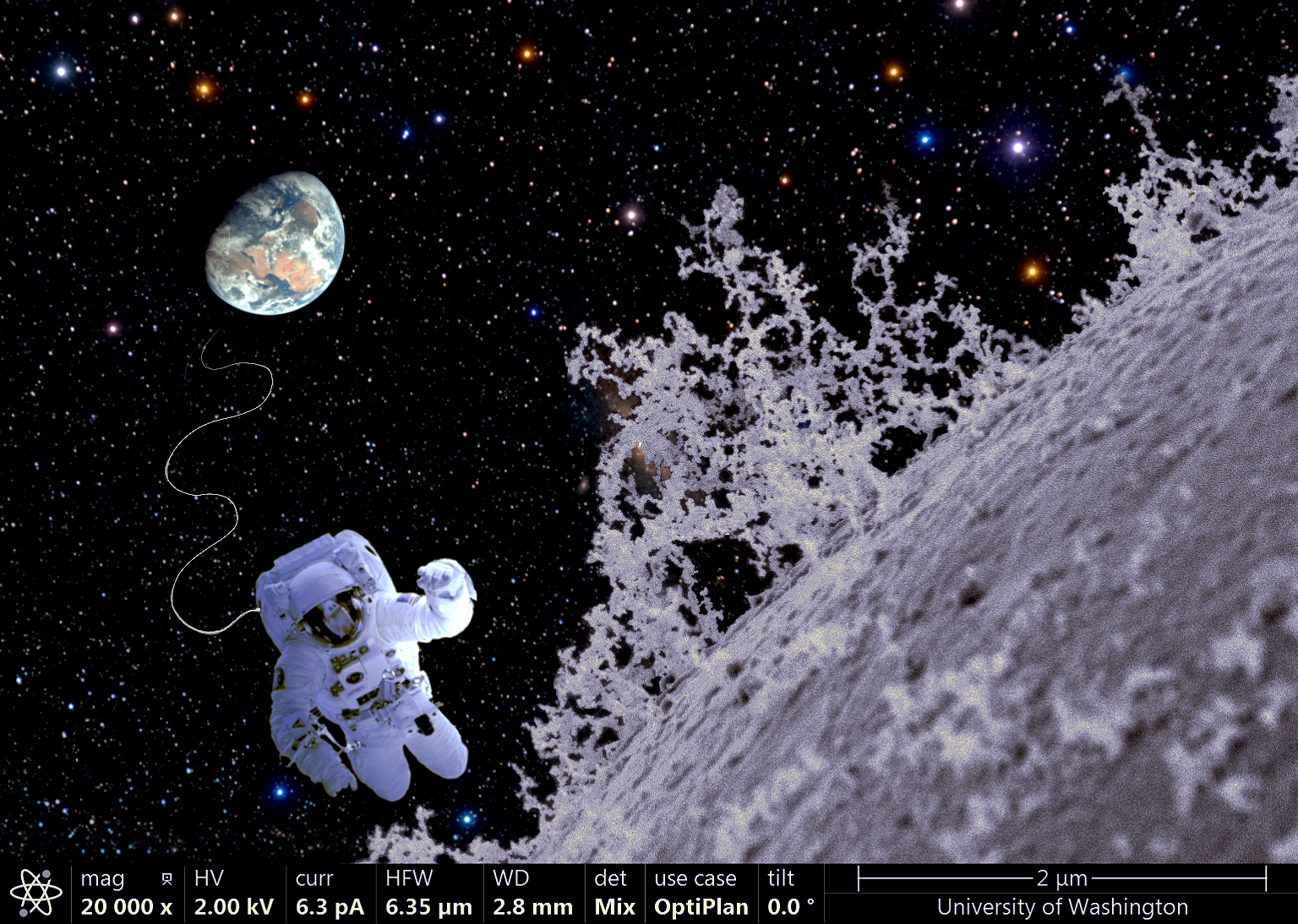
Every year in honor of National Nanotechnology Day on October 9th, the National Nanotechnology Coordinated Infrastructure (NNCI) hosts a Plenty of Beauty at the Bottom image contest to celebrate the beauty of the micro and nanoscale. Check out this year’s winners and featured images.
Q&A: UW researchers develop a reactor that can destroy ‘forever chemicals’
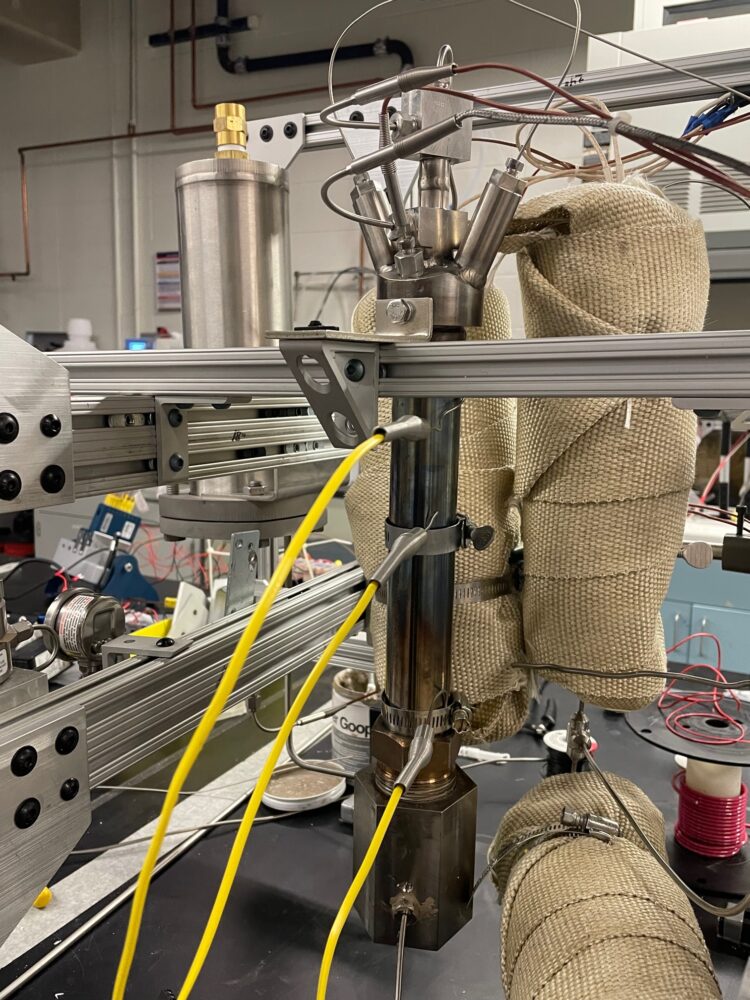
“Forever chemicals,” named for their ability to persist in water and soil, are a class of molecules that are ever-present in our daily lives, including food packaging and household cleaning products. Because these chemicals don’t break down, they end up in our water and food, and they can lead to health effects, such as cancer or decreased fertility. Now a team of researchers at the University of Washington has created a new way to tackle these chemicals — a technology that could help treat industrial waste, destroy concentrated forever chemicals that already exist in the environment and deal with old stocks, such as the forever chemicals in fire-fighting foam.
A new framework for manufacturing next-gen materials
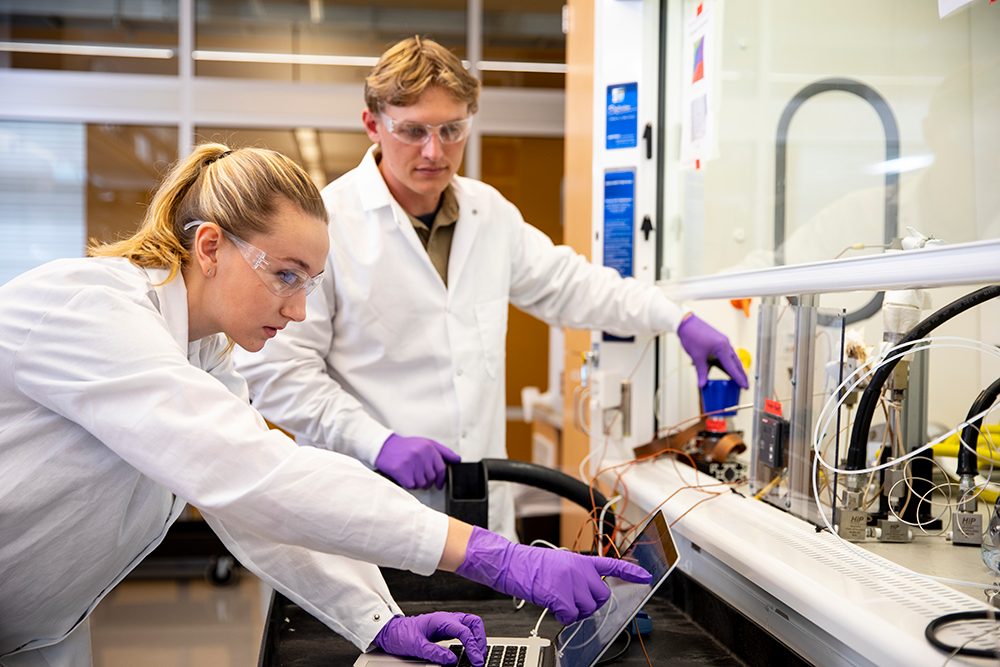
UW researchers have developed a novel method of synthesizing metal-organic frameworks that is fast, cheap, and sustainable.
Harvesting thermal energy to power wearable electronics
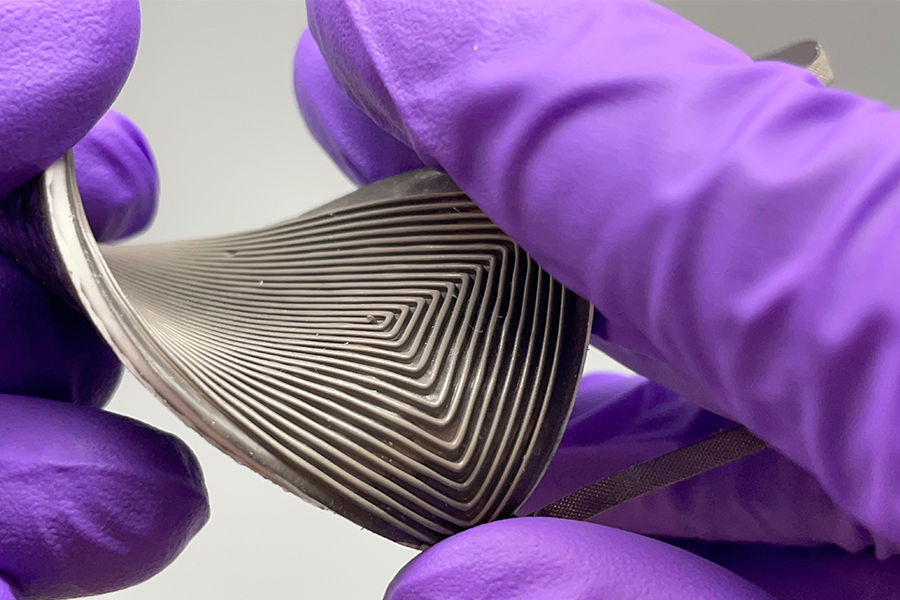
Wearable electronics, from health and fitness trackers to virtual reality headsets, are part of our everyday lives – but finding ways to continuously power them is a challenge. UW researchers, led by ME Assistant Professor and NanoES researcher Mohammad Malakooti, have developed an innovative solution to this challenge: a wearable thermoelectric device that converts body heat to electricity.
Next-generation data centers within reach thanks to new energy-efficient switches
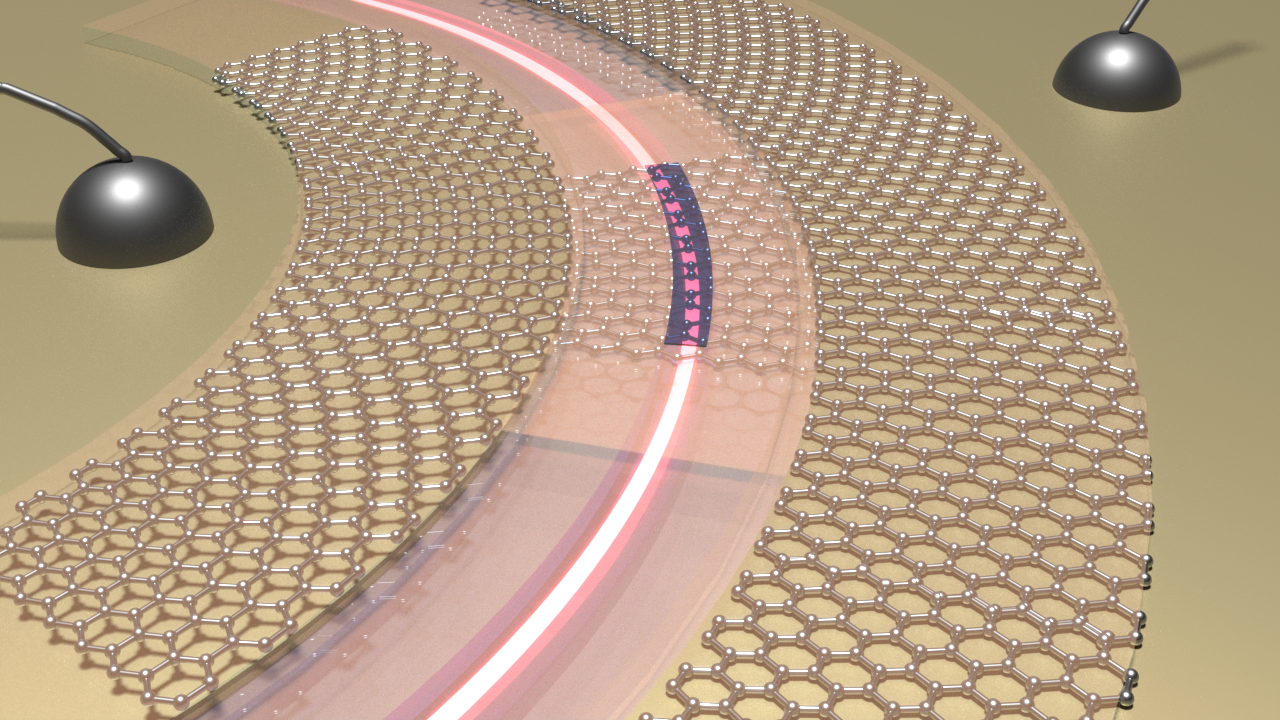
In a paper published online July 4 in Nature Nanotechnology, a team led by University of Washington scientists reported the design of an energy-efficient, silicon-based non-volatile switch that manipulates light through the use of a phase-change material and graphene heater. The exceptional performance of their switch could help advance both information technology and quantum computing.